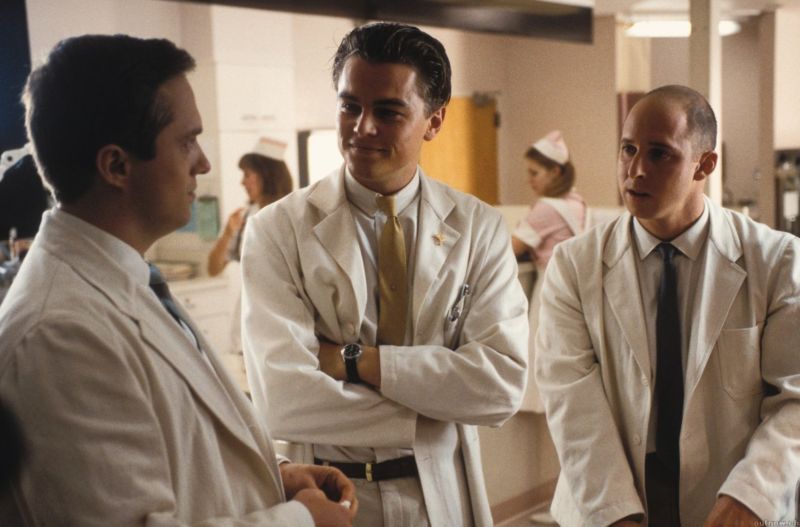
Enlarge / Frank Abagnale, as played by Leonardo DiCaprio in Catch Me If You Can, once pretended to be a doctor. Now he’s teaching the health industry about the threat of identity theft. (credit: Dreamworks)
Frank Abagnale is world-famous for pretending to be other people. The former teenage con-man, whose exploits 50 years ago became a Leonardo DiCaprio film called Catch Me If You Can, has built a lifelong career as a security consultant and advisor to the FBI and other law enforcement agencies. So it’s perhaps ironic that four and a half years ago, his identity was stolen—along with those of 3.6 million other South Carolina taxpayers.
“When that occurred,” Abagnale recounted to Ars, “I was at the FBI office in Phoenix. I got a call from [a reporter at] the local TV news station, who knew that my identity was stolen, and they wanted a comment. And I said, ‘Before I make a comment, what did the State Tax Revenue Office say?’ Well, they said they did nothing wrong. I said that would be absolutely literally impossible. All breaches happen because people make them happen, not because hackers do it. Every breach occurs because someone in that company did something they weren’t supposed to do, or somebody in that company failed to do something they were supposed to do.” As it turned out (as a Secret Service investigation determined), a government employee had taken home a laptop that shouldn’t have left the office and connected it—unprotected—to the Internet.
Government breaches of personal information have become all too common, as demonstrated by the impact of the hacking of the Office of Management and Budget’s personnel records two years ago. But another sort of organization is now in the crosshairs of criminals seeking identity data to sell to fraudsters: doctors’ offices. Abagnale was in Orlando this week to speak to health IT professionals at the 2017 HIMSS Conference about the rising threat of identity theft through hacking medical records—a threat made possible largely because of the sometimes haphazard adoption of electronic medical records systems by health care providers.